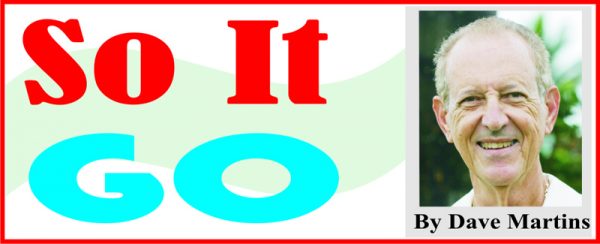
“My name is Fay James and I am a 28 years old Waipashana/Makushi. I was born in Apoteri which is an indigenous community located in the Rupununi, Region 9, and I am a single parent of two children ages 12 and 6. I attended Apoteri Primary School and then Bina Hill Institute which is a technical vocational school in Annai. Upon completion, through the hinterland scholarship programme, I was awarded an opportunity to further my education at the Guyana School of Agriculture where I chose to study fisheries as my dad was an expert in arapaimas in Brazil at the time. In my final project at the Guyana School Agriculture as a fisheries student I chose to focus on what I could do to help my community, and decided to create a sustainable fisheries project as when [I] think about the Rupununi, all I wonder about is about the effects of over-harvesting since a lot of people from the north use the area for commercial fishing.
“Upon completion of my studies I started doing freelance tour guiding working at Dagron Tours where I learned a lot during my time of travel to other tourism communities. I left Dagron to work at Iwokrama Eco Tourism Lodge as a guide for several years. One day late in the afternoon, Steve Yatomi, a US tour guide I had met earlier, walked into the office at Iwokrama Lodge and came up to me with a concerned face and said “I am missing a client.”
Yatomi, who heads up the Adventure Travel Alliance in the USA, picks up the story:
“I was going through Iwokrama with a group of fishermen and was having a really bad trip as the operator we had booked with was not up to scratch; it was one of the top 3 worst ever trips of my 28yrs in the travel business. Fay was leaving on vacation and I asked her to join the group which she did and did what she could to make the clients comfortable and organise the trip properly, all this while being seven months’ pregnant. Later, on this same trip, the group visited Apoteri, and I was curious about what was upriver from there. A decision was made to take a trip upriver to have a look at the area and immediately the idea of developing a fishing lodge at Paumbo Island was born. Through the Adventure Travel Alliance in the USA a collaboration was formed which led to her receiving a grant to begin developing catch-&-release fishing in that area. At 22 years old, Fay launched Eco Fishing and Jungle Adventure and the name was later changed to King William Adventures after King William Falls which is two hours upriver. “In the beginning it was tough for her as she was the only one in her village with some understanding of what it was like to run a tourism business, but soon King William Adventures was up and running. This new venture now employs 16 local people in high season. The effect on the village is noticeable as young people are now more interested in creating a life around the forest instead of going out of the village to look for work as they now see an opportunity for them to earn a living from the natural resources at hand in a sustainable way rather than commercially fishing the rivers as done previously. As a measure to maintain sustainability of marine life, King William Adventures restricts its clients to 100 per season per year. Also, there is no live or edible bait-fishing done there, and fishing is closed in spawning season so as not to interrupt the breeding cycle. The village benefits as a head tax is paid to the village, and the villagers receive training in hospitality by working with King William Adventures. Apoteri has now developed a guest house in the village and is beginning to offer tours too, so the number of persons can now be expanded in each fishing season. King William Adventures has since won the 2018 award from IGFA (International Game Fish Association) as the best out of 156 countries for its conservation work over the past 6 years in Apoteri while developing a sustainable economic activity.”
Additionally, a singular project for Fay James was the organisation of a canoe trip she led with three female UK adventurers (Laura Bingham, Pip Stewart, Ness Knight) from the source of the Essequibo to the mouth of the river, which flows for 1,014 kilometres through Wai Wai land. In an astonishing journey, it took the team, including guides, over two months; they slept in tents on the riverbank each night.
Fay James’ story is an example of singular focus and determination, particularly in one so young, and also demonstrating a clear commitment to conservation. She is rightly deserving of a national award for her example to her people and her country.




